Entertaining Brooklyn: The History of Grand Prospect Hall
John Kolle built his Prospect Hall as a venue for assembly, dining, entertainment and drinking.

Photo by Susan De Vries
Editor’s note: This story is an update of one that ran in 2011. Read the original here.
Brooklyn in the 1800s had several venues called Prospect Hall, the first located in the 1850s at the junction of Flatbush Avenue and Fulton Street.
In 1892, German-American entrepreneur John Kolle built his Prospect Hall at 263 Prospect Avenue as a venue for assembly, dining, entertainment and drinking. The Brooklyn Eagle lists many ads and announcements for various private and civic events that took place here, including political rallies, club events, as well as theater events, dances and lectures.
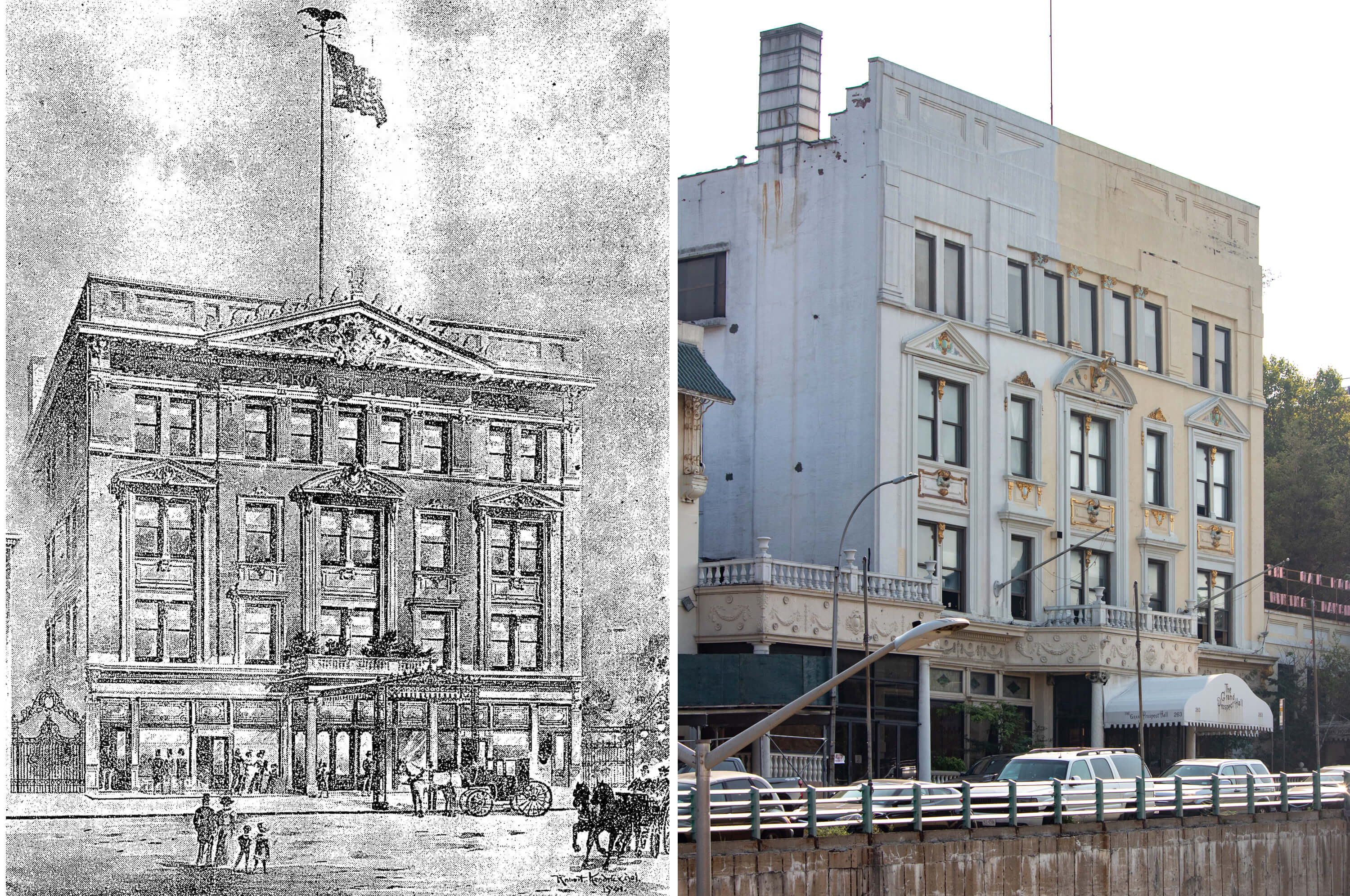
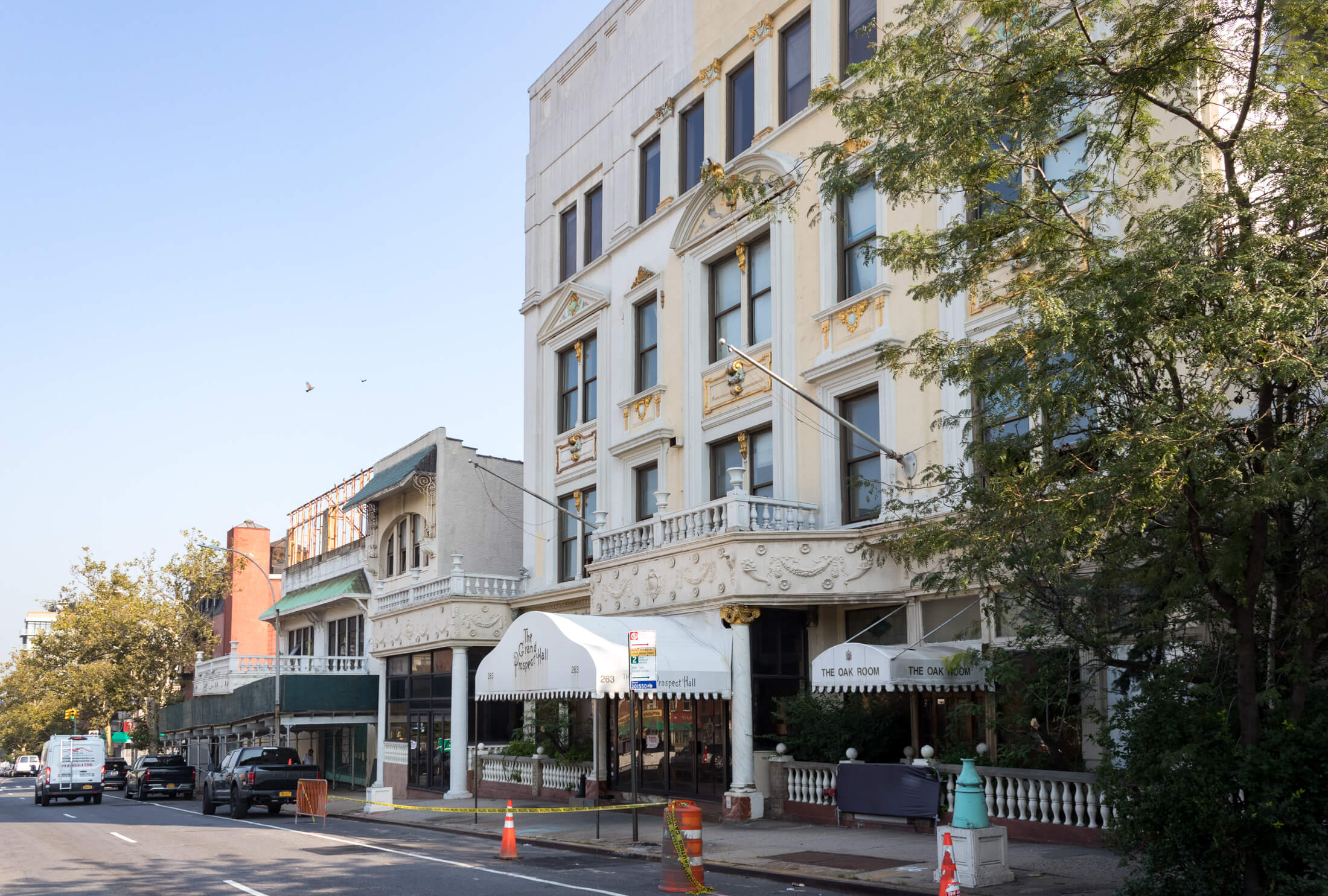
In December of 1900, Prospect Hall burned down, the day after 3,000 Knights of Columbus had gathered there for an event. Kolle was only partially insured, but he rebuilt the hall to be bigger and better. He employed Ulrich J. Huberty, a well-respected architect who, with his partner, Frank Helmle, was responsible for some of Brooklyn’s finest Renaissance and Classical Revival structures, including the Boathouse in nearby Prospect Park.
The new Prospect Hall was resplendent with classical details in light colored brick and limestone. Much of the original facade is now gone. Inside, the building housed a German-style oak-paneled beer hall, meeting areas, an open-air roof garden, dining rooms and a 40-foot-high ballroom, as well as bowling alleys, a shooting gallery, and a billiard room. The hall boasted the first Otis bird cage elevator in New York, and was the first fully electrified public building in Brooklyn.
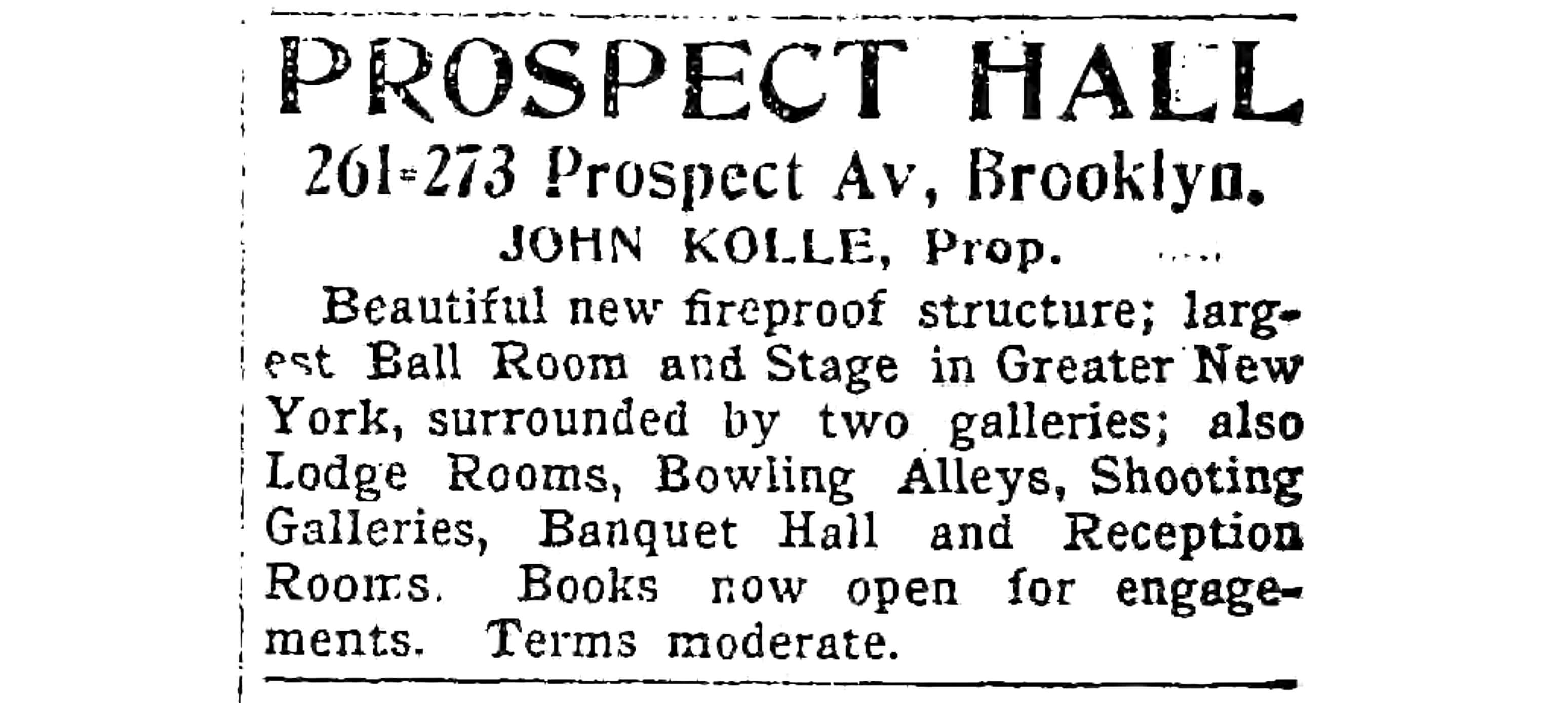
For many years to come, the building would house important political rallies, countless weddings, balls and parties, as well as meeting spaces for the Brooklyn Rifle Club, the Masons, and other organizations. Movies were produced in the building, and a screened viewing room was located in the roof garden. Celebs who graced its halls included Enrico Caruso, Lena Horne, Ginger Rogers and Fred Astaire. Local lore also has it that it also hosted local Bund meetings, the American pro-Nazi organizations active before and during WWII.
The Kolle family sold the hall in the 1940’s to a Polish group, who continued to host events and meetings. By the 1950’s, the Prospect Expressway was cut across the street, further isolating an area that was now far from the center of events, and the hall fell on hard times, selling off artwork and architectural elements to stay afloat.
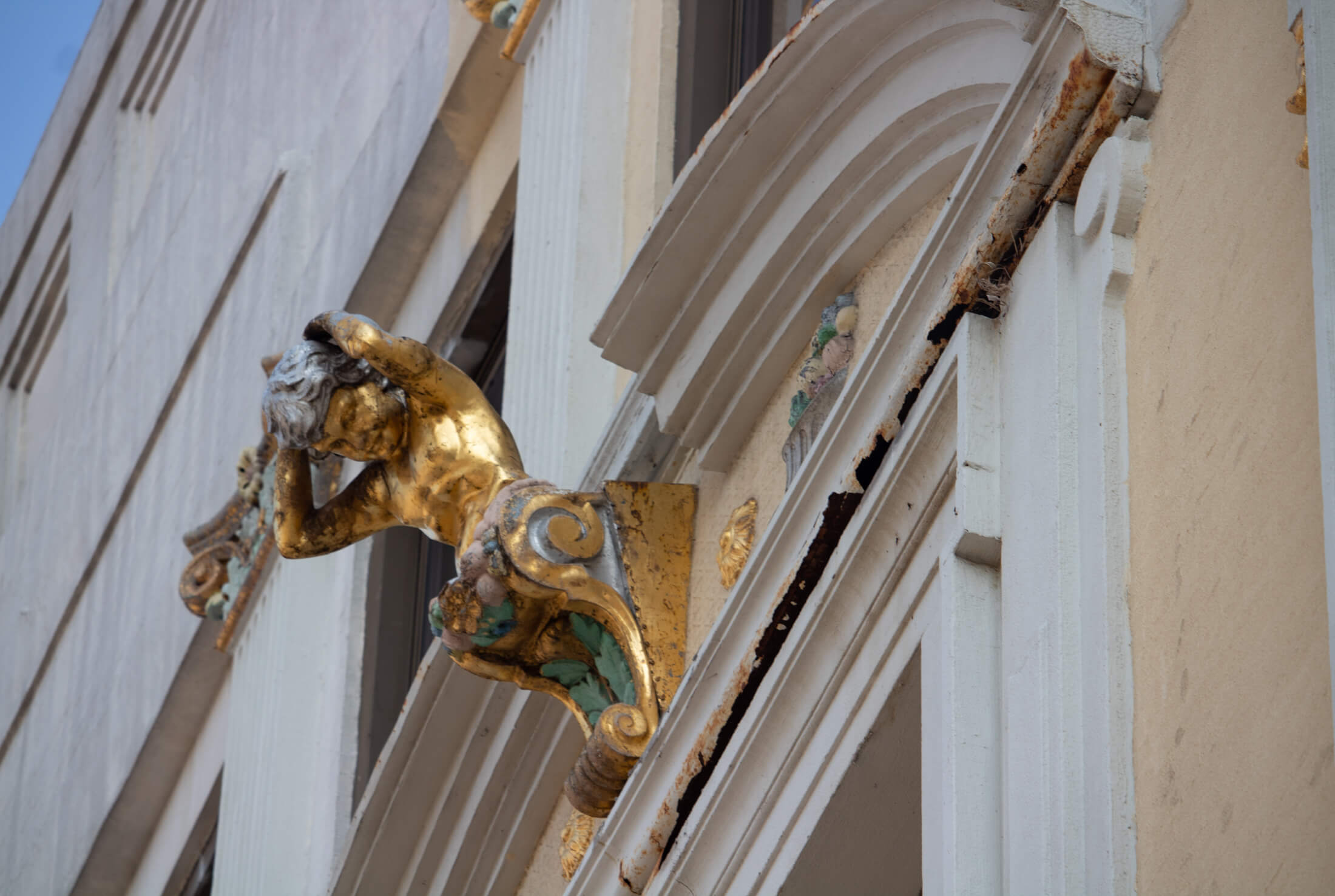
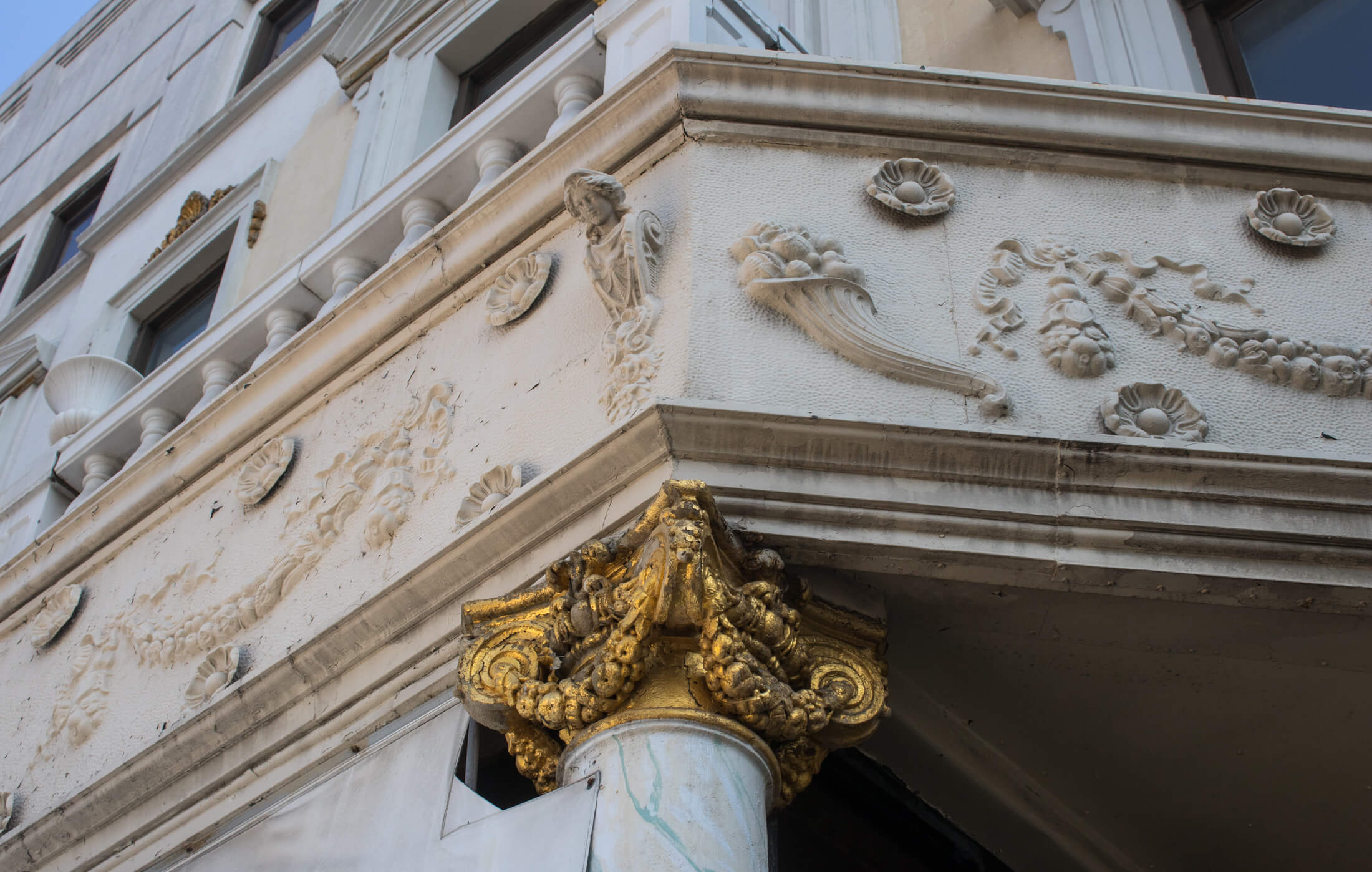
By 1981, buckets were placed under a leaky roof, and only the bar on the ground floor was still open. Michael and Alice Halkias bought the building, and spent the next 20 years bringing it back to life. They re-named it the Grand Prospect Hall, and went about making it more opulent and colorful than it had ever been. The Halkias’ never met gilding and ostentation that they didn’t like, and their iconic commercials, “The Grand Prospect Hall, where all your dreams come true!” are now a part of modern Brooklyn folklore.
The hall became a popular venue for weddings and other events, and has been used for photo shoots, music videos, and has been featured as a set in movies such as Prizzi’s Honor, The Cotton Club and the Royal Tannenbaums. John Kolle would have loved it.
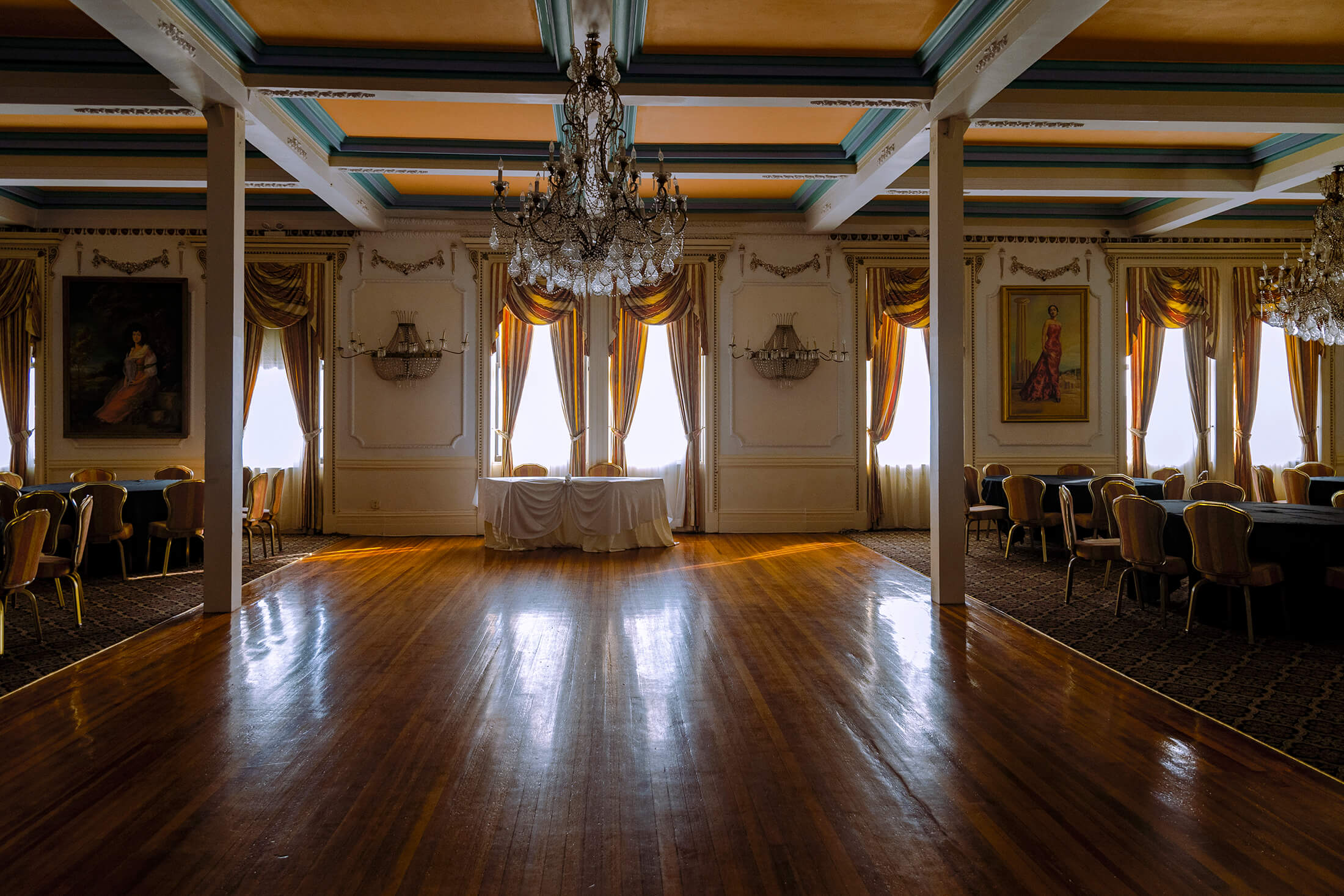
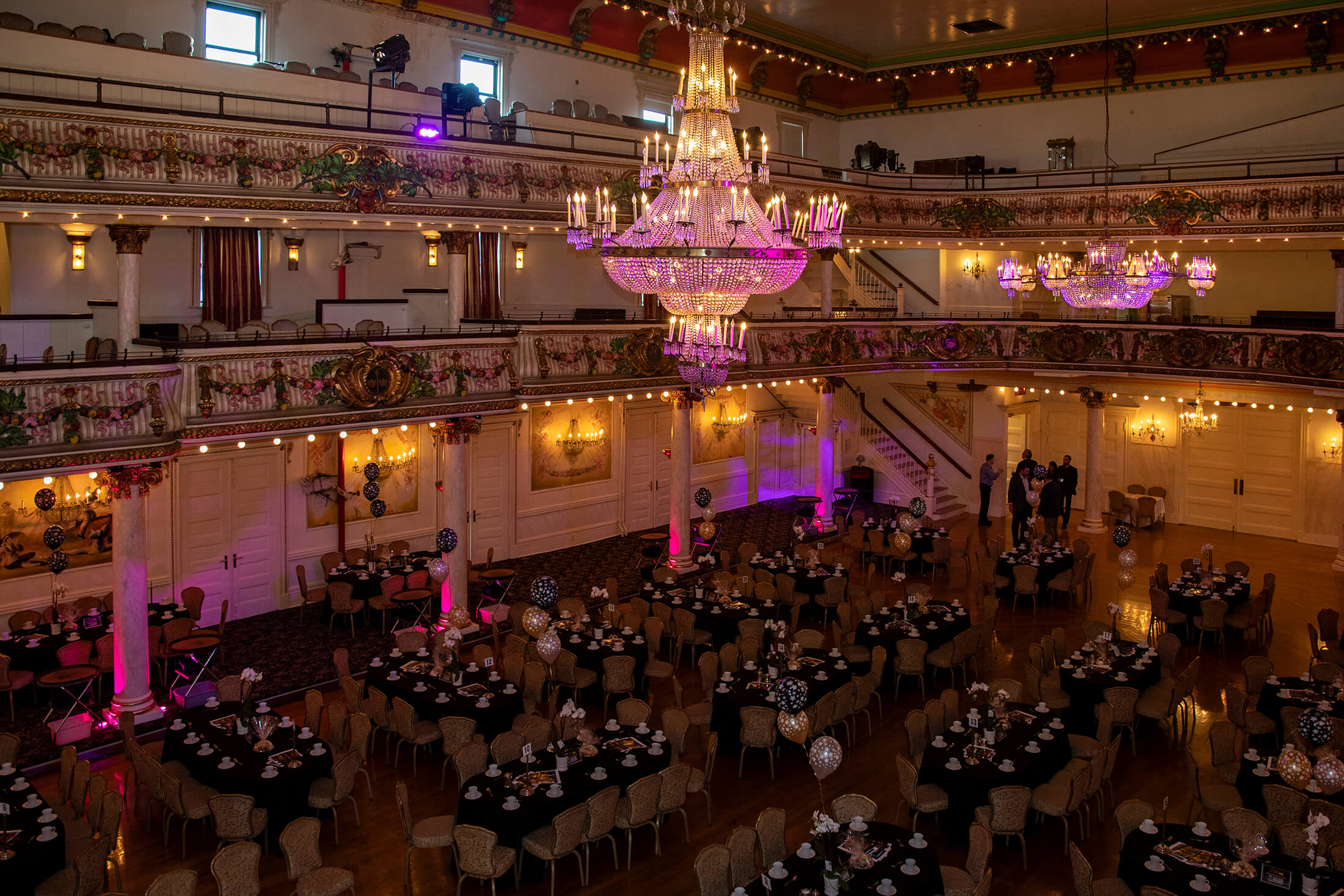
After the death of Michael Halkias in 2020, the building was put on the market and sold in June 2021 for $30 million as part of a larger assemblage of properties along the avenue and a demolition permit has been filed.
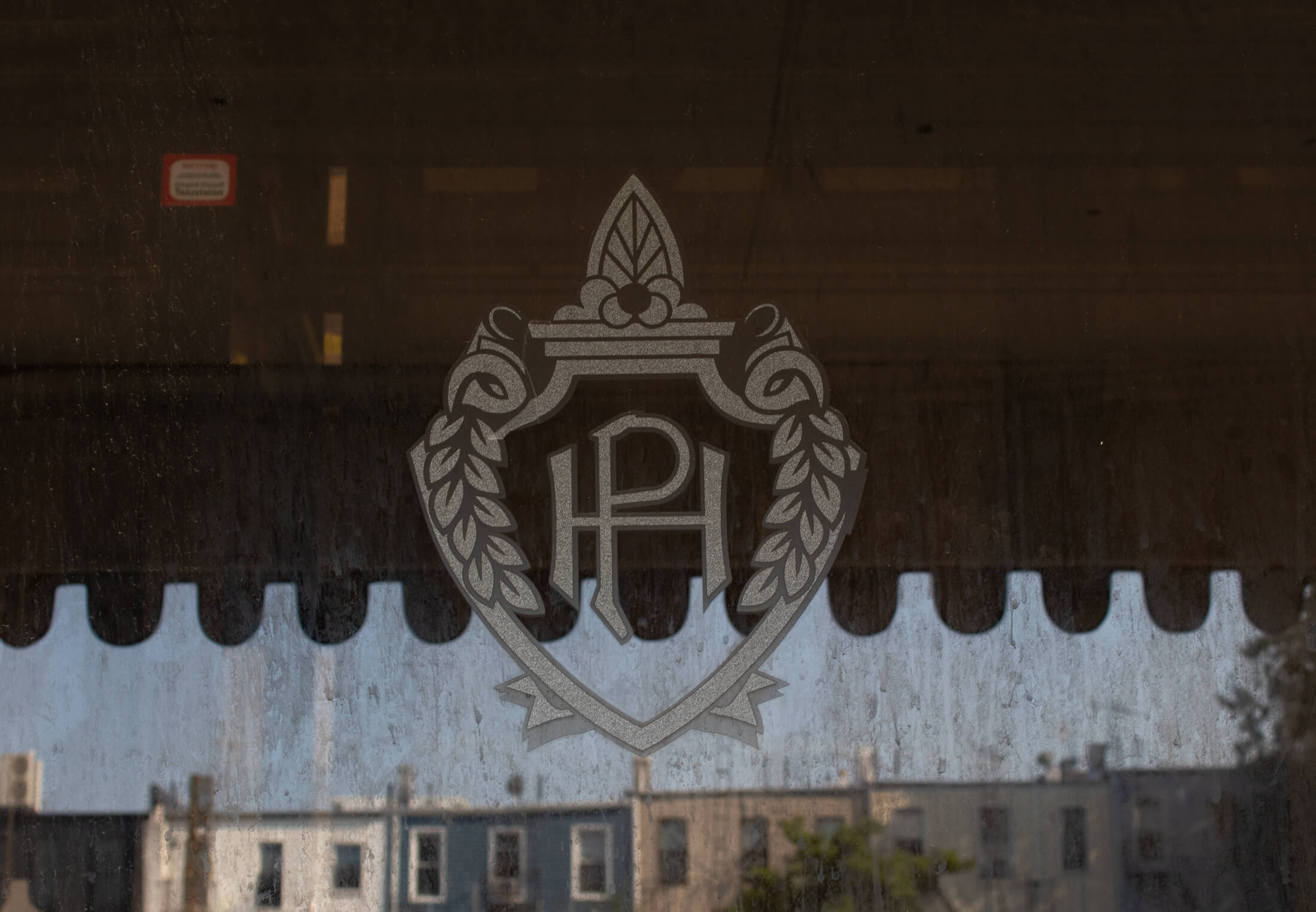
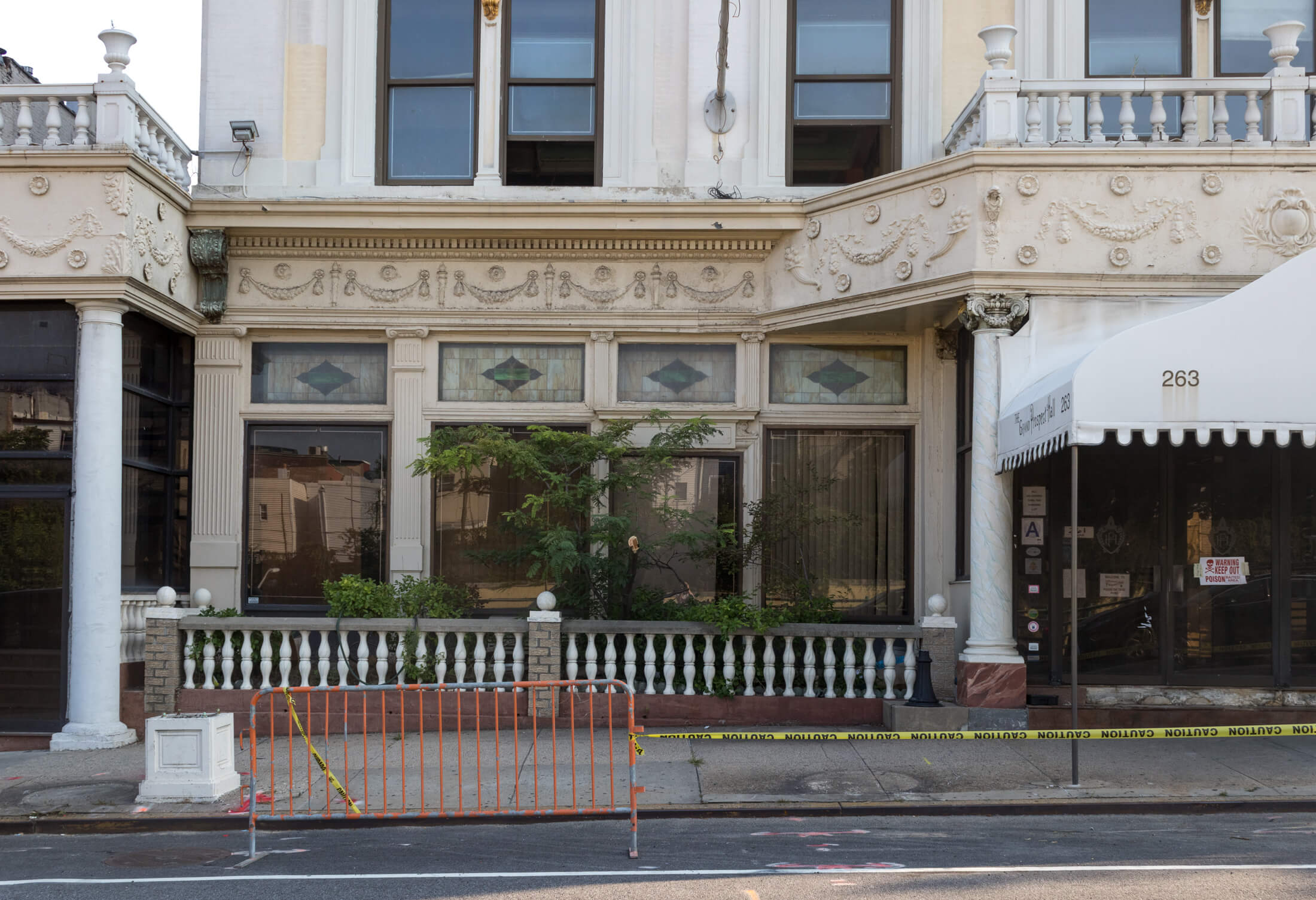
[Photos by Susan De Vries unless noted otherwise]
Related Stories
- A Young Architect Designs a Colonial Revival Manse, Now a Bushwick Landmark, for His Parents
- 15 Architects Whose Designs Shaped the Look of Historic Brooklyn
- The Gleaming Beaux Arts Boathouse of Prospect Park
Email tips@brownstoner.com with further comments, questions or tips. Follow Brownstoner on Twitter and Instagram, and like us on Facebook.

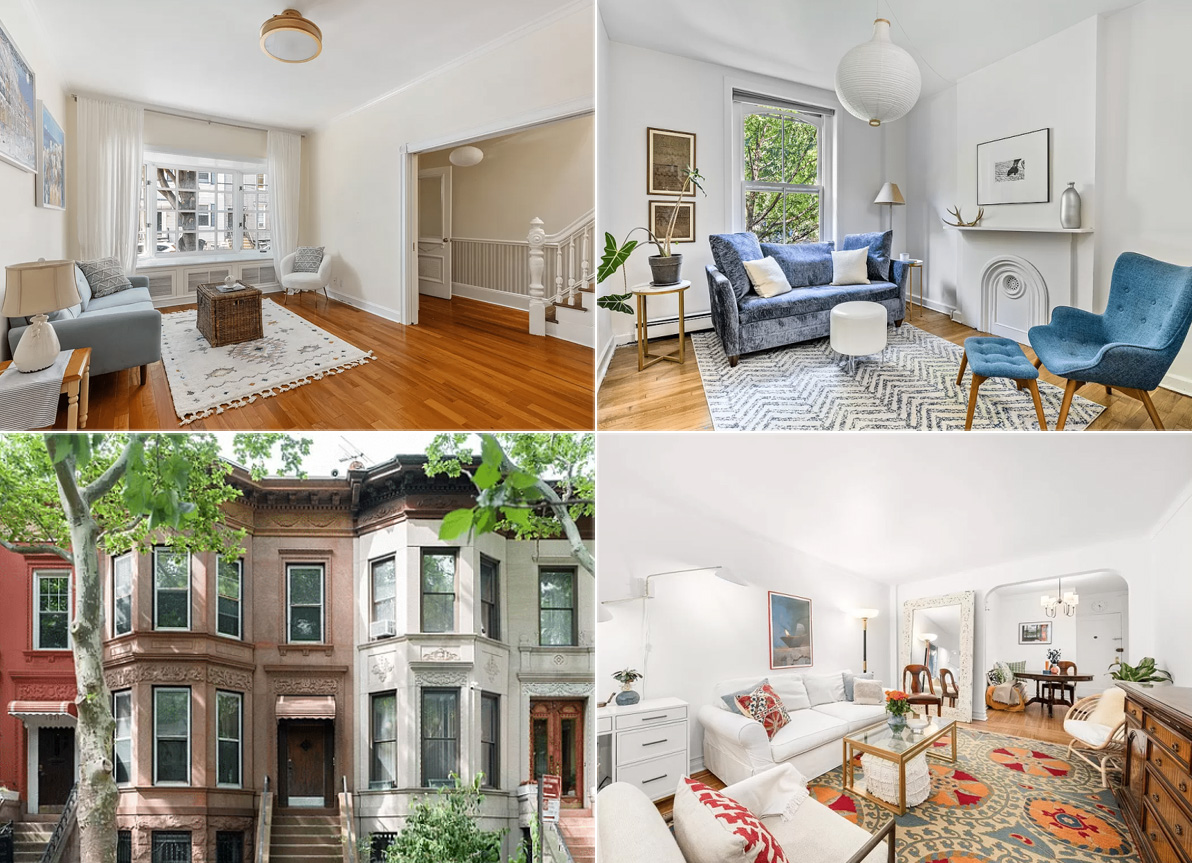
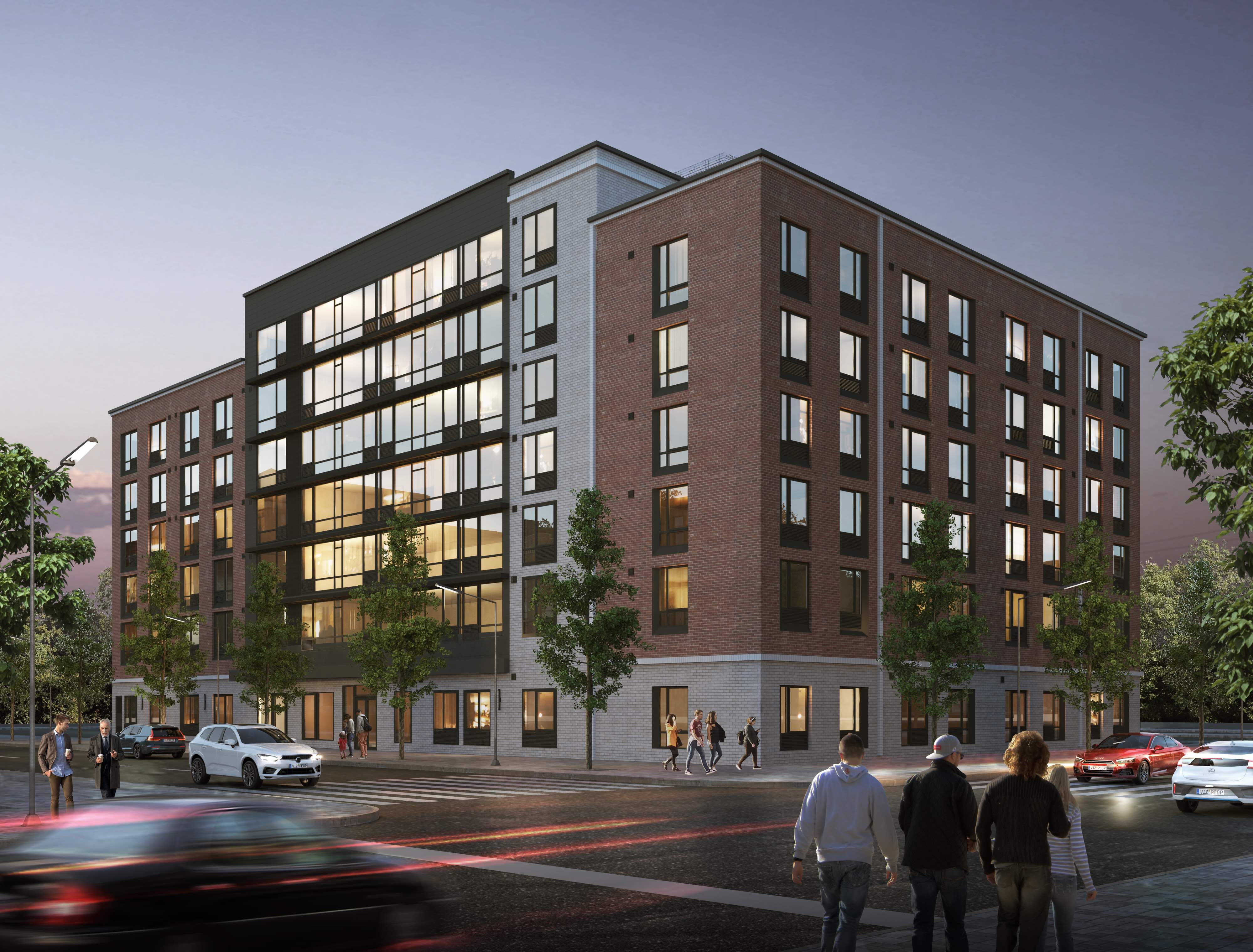
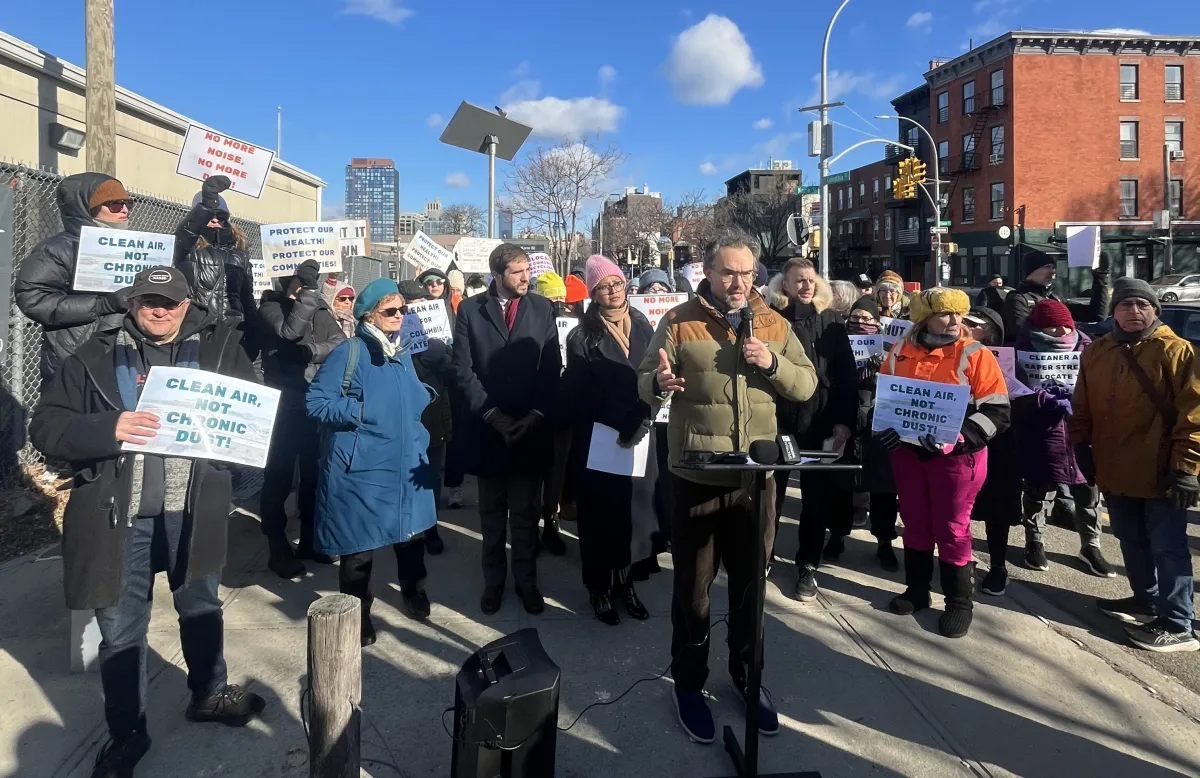
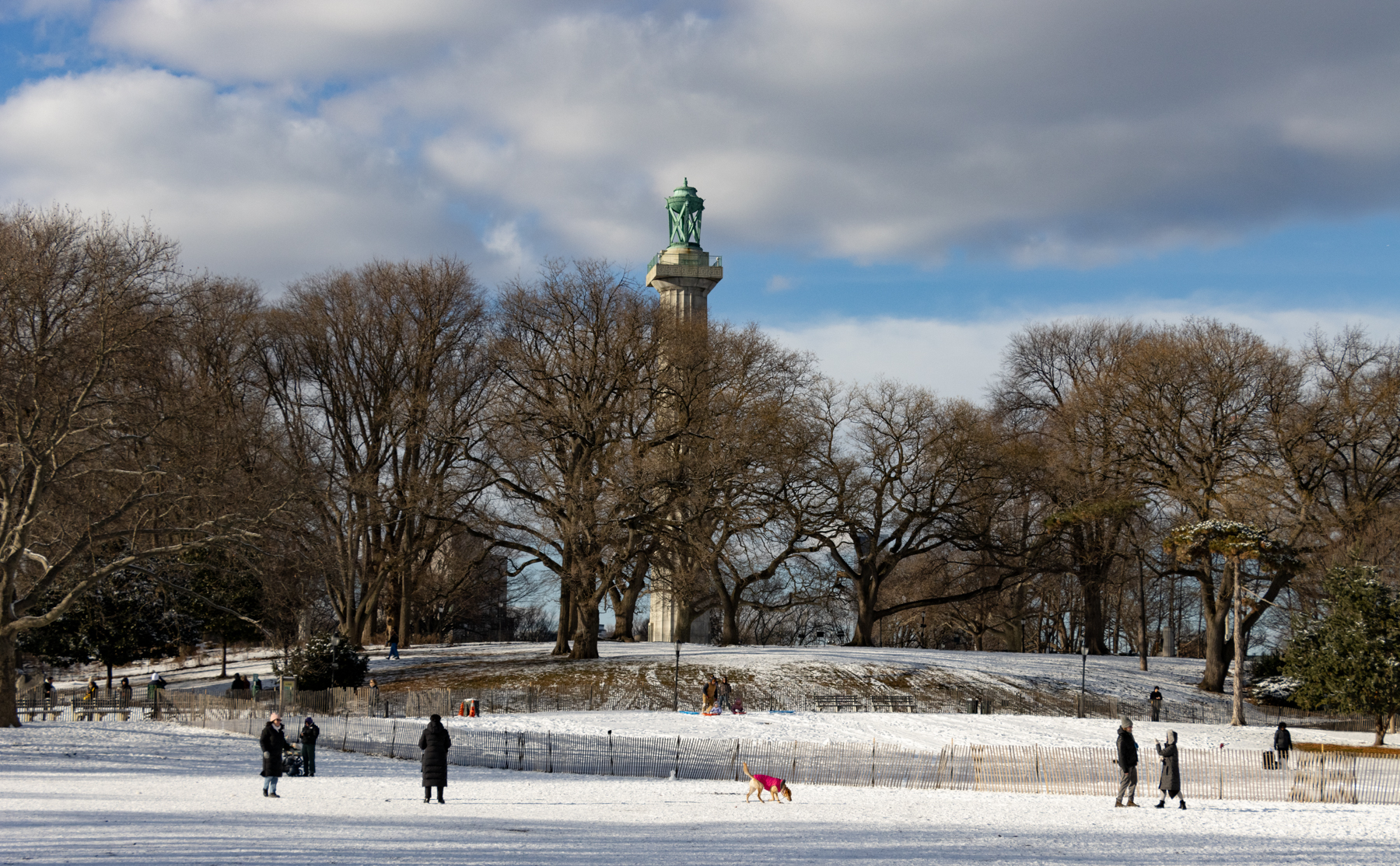




What's Your Take? Leave a Comment